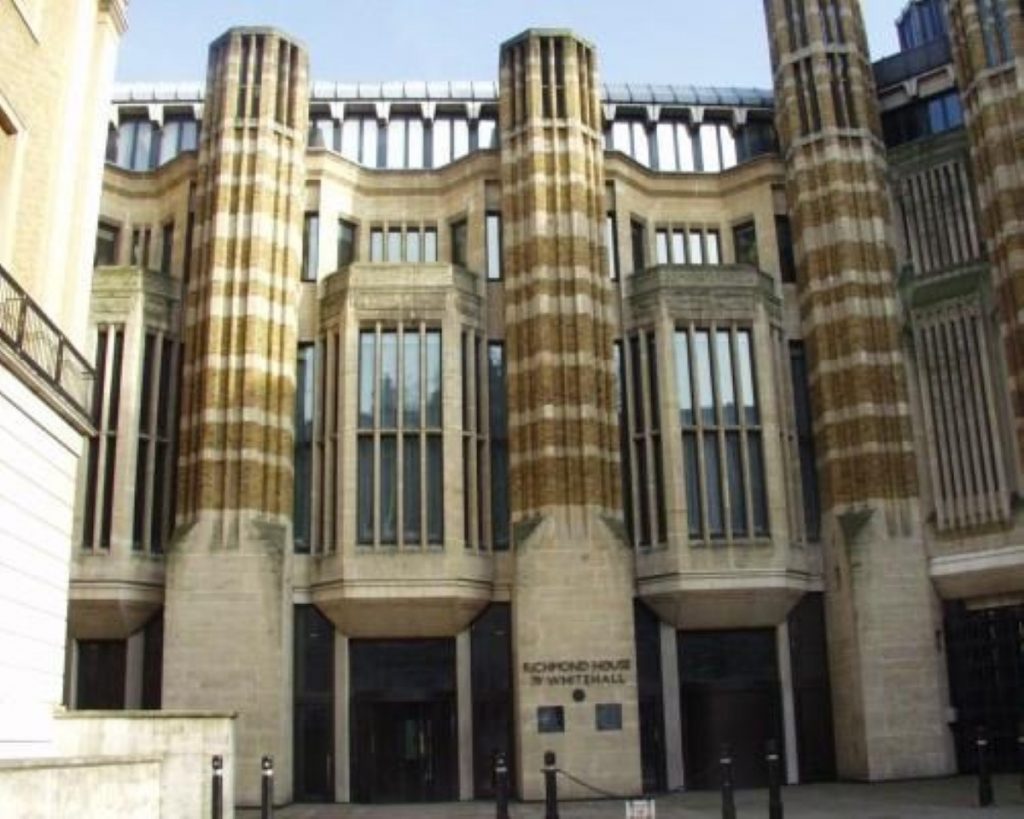Revolutionary stem cell bank opens
The world’s first stem cell bank will be officially opened today in the UK.
The bank will be responsible for storing the stem cell lines for research into treating diseases such as cancer, diabetes, Alzeheimer’s and Parkinson’s.
The first stem cell lines, developed by King’s College London and the Centre for Life in Newcastle, will be deposited at the bank today.
Health Minister Lord Warner, who will be in Hertfordshire for the opening said: “This bank is the first of its kind in the world and confirms the UK’s position as a leader in stem cell research.”


Stem cell research is, however, controversial because the cells are often taken from foetus or embryos rather than adults. Pro-life groups describe the research as unethical and unnecessary.
LIFE spokesman Patrick Cusworth said: “Make no mistake, using human embryos as a tissue source is unethical, unnecessary and dangerous.”
The bank counters that it operates under strict ethical guidance, and that all applications to deposit or access stem cells must be authorised by a steering committee headed by Lord Naren Patel, chairman of the Genetic Advisory Committee of the Medical Research Council.
Stem cell research offers hope to sufferers of degenerative diseases because the cells have the potential to repair damaged and diseased tissue with healthy tissue – although much research is needed to understand exactly how they work and how their potential can be harnessed to devise treatments.
Professor Colin Blakemore, the chief executive of the Medical Research Council, which is co funding the project, said: “Stem cell research offers real promise for the treatment of currently incurable diseases. The Bank will ensure that researchers can explore the enormous potential of this exciting science for the future benefit of patients.”
Professor Julia Goodfellow, chief executive of the Biotechnology and Biological Sciences Research Council added: “Stem cell therapy will remain a dream unless we can understand and control the processes that switch these cells into specialised types such as brain or pancreas cells.”
Opponents of the centre argue that research should be carried out using adult stem cells. LIFE’s Patrick Cusworth said that using cells from various sources in the patient’s own body had already proved “remarkably effective”.

